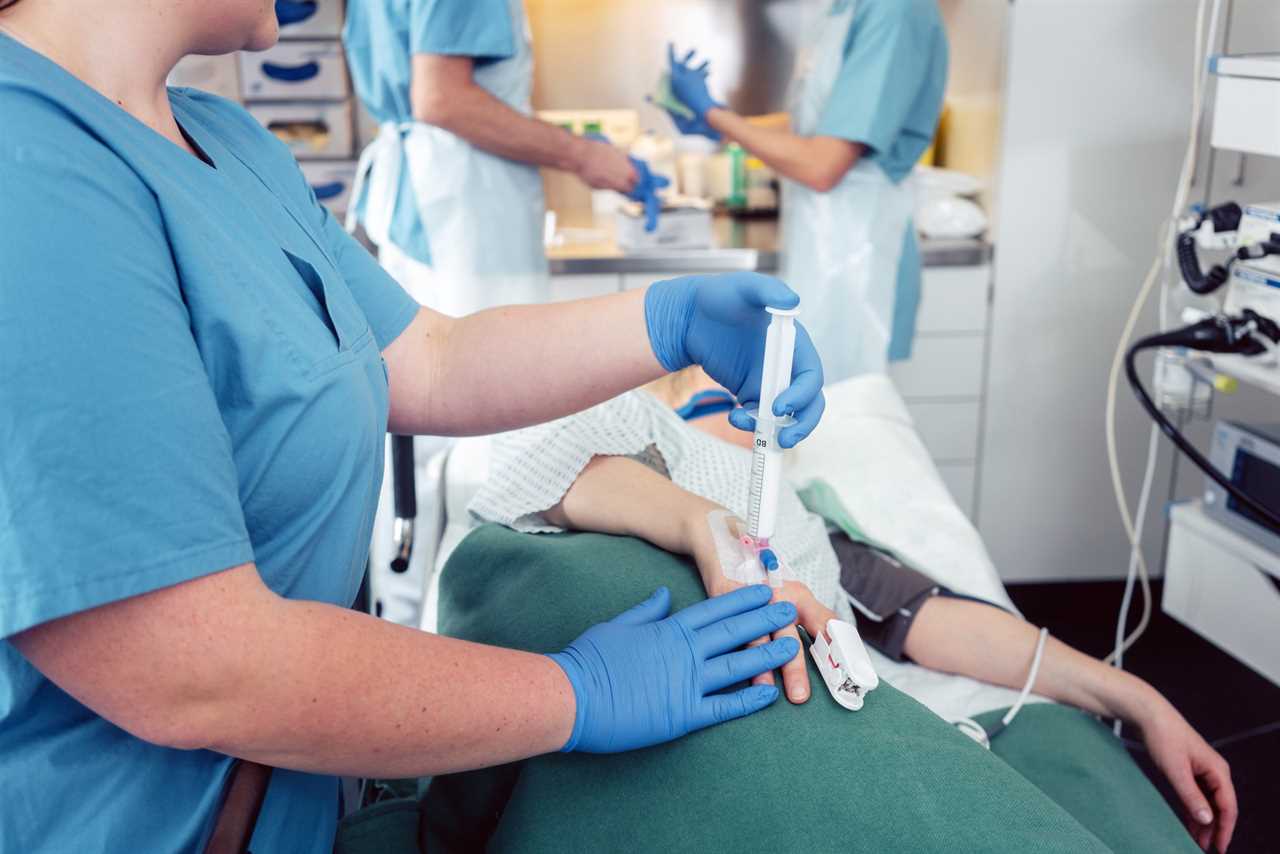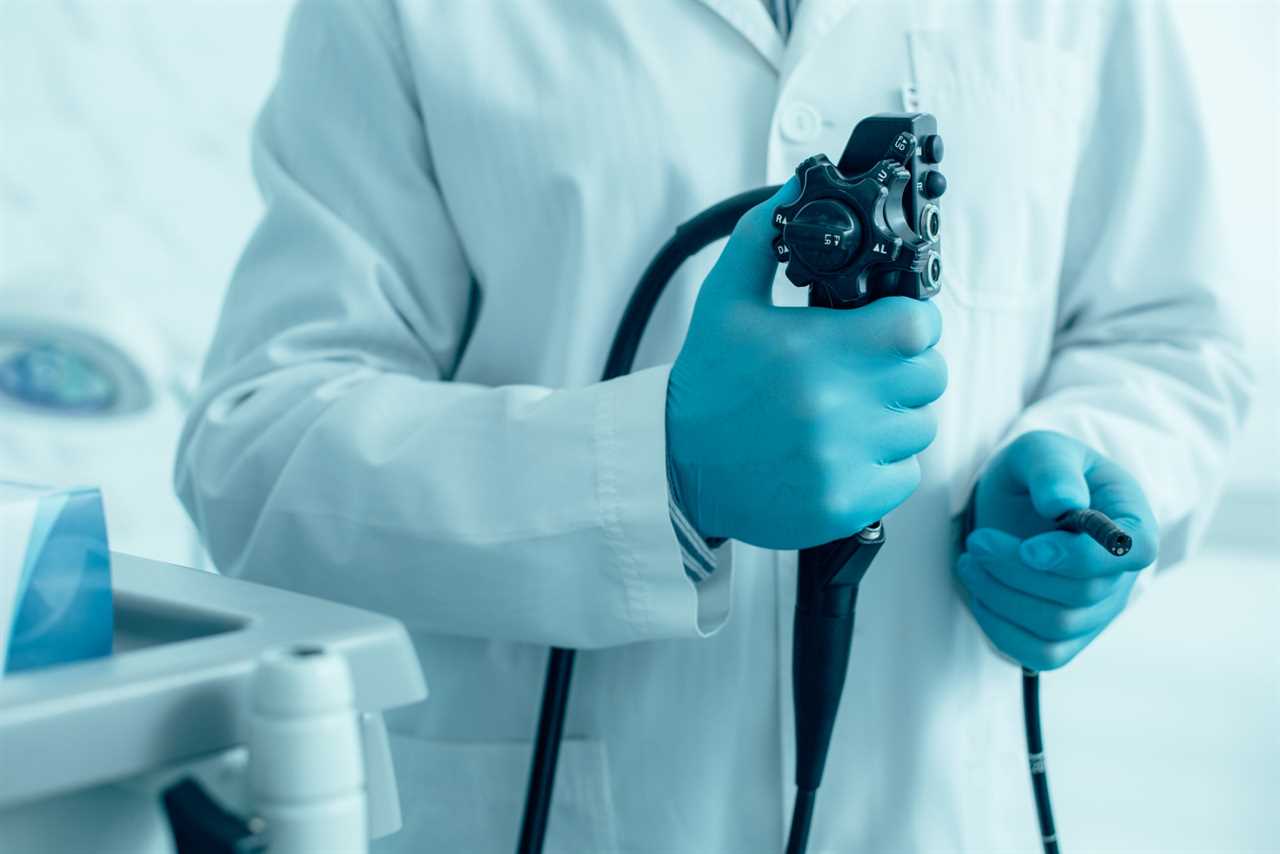COLON cancer is a disease that may affect anyone.
While having a family history of colon cancer and being over the age of 50 raises your risk, the majority of people who acquire it do not have a family history.

What is a colonoscopy?
According to Mayo Clinic, a colonoscopy is a procedure that examines the large intestine –– the colon –– and the rectum to identify changes or abnormalities.
A colonoscope, a long, flexible tube, is placed into the rectum during a colonoscopy. The doctor can see the interior of the colon due to a tiny video camera at the tube’s tip.
Polyps or other abnormal tissue can be removed through the scope during the procedure if required. Although the majority of polyps aren’t dangerous, some might be precancerous.
Colonoscopy polyps are sent to a lab for investigation to determine if they are malignant, precancerous, or noncancerous.
Depending on the size and number of polyps, you may need to follow a more rigorous monitoring program in the future to search for new polyps.
When should you get one?
The American Cancer Society recommends that people at risk of colorectal cancer should begin screening at the age of 45.
This can be done through a stool-based test, a sensitive test that looks for evidence of cancer in a person’s feces, or a visual exam of your colon and rectum.
Colon cancer screening should be continued until the age of 75 in those who are in excellent health and have a life expectancy of more than 10 years.
The choice to be tested for adults aged 76 to 85 should be based on the person’s preferences, life expectancy, overall health, and past screening history.
Screening is no longer recommended for those above the age of 85.

What are the risks?
According to Heathline.com, while a colonoscopy is safe, there are various circumstances that might cause complications during the exam. If a polyp is removed during the test, your risk of complications increases.
The risks are as follows:
- Intestinal perforations
- Bleeding
- Post-polypectomy electrocoagulation syndrome
- Reaction to anesthesia
- Infection
Colonoscopies are effective screening methods for colon cancer, rectal cancer, and other diseases.
They’re extremely safe, but not fully risk-free. However, it is still recommended to avoid further health complications.






